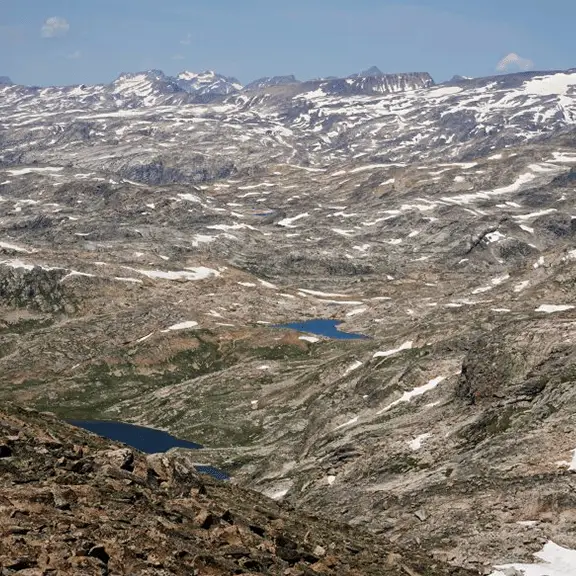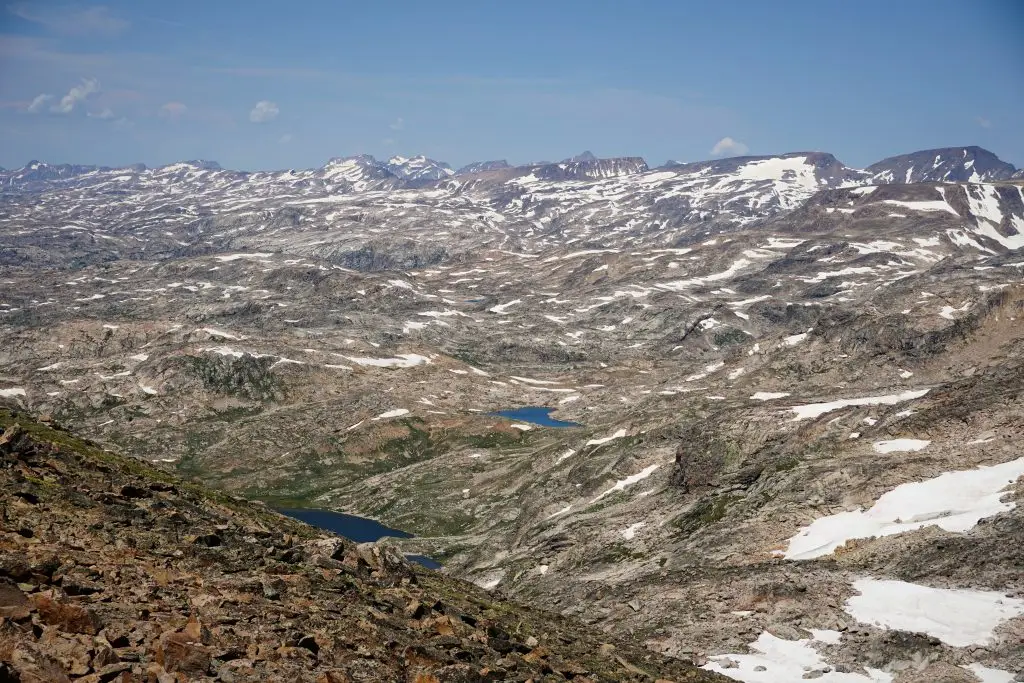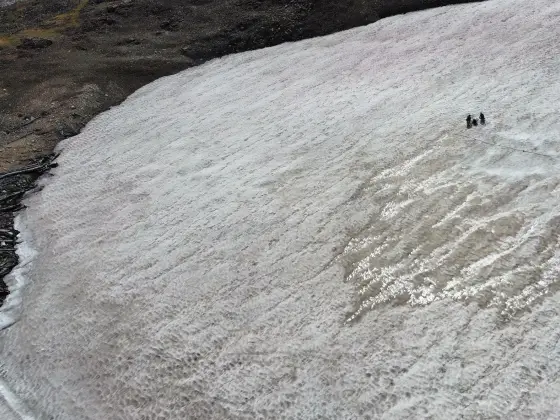
Scientists have found hidden secret trees up in the Rocky Mountains that date to around 6,000 years old, and they've only just been found after alpine ice melted away.
There is so much that's hidden on this planet by time, as natural elements like ice, snow, or even just Earth itself can engulf things and preserve them for hundreds if not thousands of years.
Researchers are able to continually find ancient discoveries almost perfectly preserved, like a lavish private bathhouse that's almost untouched underneath volcanic rubble in Pompeii, but this new find is something you might not quite expect.
Up in the Beartooth plateau in Wyoming's Rocky Mountains scientists have found a whitebark pine forest that's estimated to be around 5,900 years old - all underneath alpine ice that has now melted, as reported by Indy 100.
Advert

While the nature of discovering an entire forest is newsworthy by itself, the particularly special nature of these trees is that they're in a place that you wouldn't even begin to think to find them.
This is because they're located around 180 meters higher than the current tree line in the area, and somewhere that is far too cold for any trees to begin to grow now.
What this allows is for scientists to use this data to establish a timeline and historical context for the area, as it's surprising how much the simple nature of trees growing can tell you about the conditions of a place thousands of years ago.
It also remains fascinating that the trees remain surprisingly well preserved despite having fallen down and died a long time ago. This is likely due to the fact that they were almost embalmed in the ice and both theoretically and literally frozen in time.
Joe McConnell, who was part of the Desert Research Institute team that discovered the trees, explains that: "The fallen trees were entombed in ice and protected from the elements for the next 5,000 years," and it's surprising how much ice can sustain over such a long stretch of time.
While the preserved nature of the trees provides an optimistic outlook for further research, there is indeed a more pessimistic angle at the very heart of this discovery - the very fact that we've been able to discover it in the first place.
The ice that has kept these trees in tact and hidden for nearly six millennia has now disappeared, and it shows a worrying trend of climate change that is a reflection of the world as a whole.

Cathy Whitlock, American Earth scientist and professor at Montana State University, unveils: "This discovery was possible because of anthropogenic climate change - rising temperatures are now exposing areas that have been buried in ice for millennia."
This is a direct result of humanity's actions, and much like the potential exposure of subglacial volcanoes in Antarctica, it is likely irreversible at this point.
Whitlock continues, detailing: "While such discoveries are scientifically interesting, they are also a sad reminder of how fragile alpine ecosystems are to climate change."
It then remains a real monkey's paw situation, as while climate change does afford further research to occur in newly discovered areas, it is ultimately destroying these perfectly preserved habitats and the planet at large.
